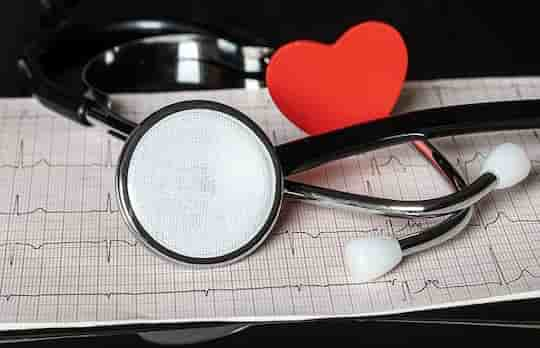Daily supplementation of this nutrient can lower heart disease, CVD death and major vascular events.
Daily supplementation with omega-3 fish oil significantly lowers the risk of most cardiovascular disease (CVD) types even heart attacks and coronary heart disease death, a meta-analysis confirms.
The new study contains the largest and most up to date data which looked at the link between fish oil supplementation and heart disease risk.
The researchers analysed data from 13 randomized trials worldwide on a population of 120,000 adults.
It suggests that people who took 840 mg per day of marine omega-3 supplements, managed to reduce the risk of most cardiovascular disease cases including myocardial infarction, cardiovascular disease death, and coronary heart disease death.
There was an 8 percent reduction in coronary heart disease (CHD) death and heart attack risks but not for stroke.
The study also suggests that higher dosage of omega‐3 fish oil supplements can offer bigger cardiovascular benefits.
Different types of fish can also provide a large amount of omega‐ 3 in our routine diet.
Oily fish such as herring, salmon, trout, sardines, mackerel, and sprats are naturally high in omega-3 fatty acids.
Some species of white fish like sea bass, halibut, sea bream, and turbot are good sources of omega-3 fatty acids.
For example, per 100g:
- herring contains 2,000mg omega-3,
- salmon contains 1190mg omega-3,
- sea bream contains 556mg,
- and sea bass contains 500mg omega-3.
Mr Yang Hu , the study’s first author, said:
“This meta-analysis provides the most up-to-date evidence regarding the effects of omega-3 supplementation on risk of multiple CVD outcomes.
We found significant protective effects of daily omega-3 supplementation against most CVD outcome risks and the associations appeared to be in a dose-response manner.
Considering the fact that every year several million adults experience CVD events, daily supplementation or dietary fish oil can be beneficial in lowering and even preventing these life threatening events.
Dr JoAnn Manson, study’s senior author, said:
“Although public health recommendations should focus on increasing fish consumption, having an overall heart-healthy diet, being physically active, and having other healthy lifestyle practices, this study suggests that omega-3 supplementation may have a role in appropriate patients.”
The study was published in the Journal of the American Heart Association (Hu et al., 2019).










